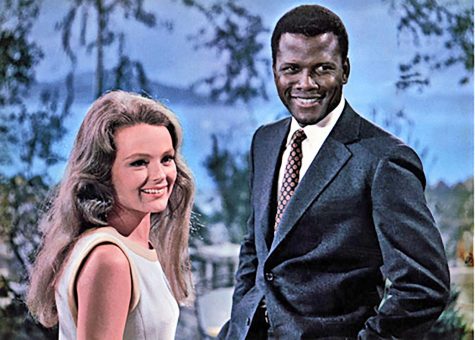Hereafter lacks expected ambition
All treatises on the concept of an afterlife are innately speculative in nature. Who knows what happens? In “Hereafter,” a vague semblance of an afterlife exists in which the dead can speak through people on earth. Unfortunately, the tired reinforcement of this underwhelming device accounts for the entirety of screenwriter Peter Morgan’s theory on the subject.
The immensity of the subject matter in director Clint Eastwood’s “Hereafter” is done a grave disservice by the film’s appalling brevity of two hours and nine minutes. A fair treatment of what’s explored and mused over in “Hereafter” warrants the time, attention and methodical devotion that Oliver Stone lent to “JFK,” for example, in order to be taken seriously.
Somehow, both the reliably gifted direction of Eastwood and acclaimed screenwriter Peter Morgan (“Frost/Nixon,” “The Queen”) fail to flesh out a satisfactory or intelligible conception of what happens after we die.. “Hereafter” traverses the multi-cultural narratives of three subjects crossing over into profound existential confusion and despair following harrowing episodes of trauma, loss, as well as a lifelong affliction that enables Matt Damon’s character to commune with the dead. A reigned-in Damon plays an ostensibly unremarkable San Franciscan who possesses a tormenting supernatural gift that his enterprising and opportunistic brother (Jay Mohr) wants to capitalize on.
The film’s most compelling storyline tracks an elegant French television reporter (Cecile De France) whose near-death experience spurs her spiritual awakening. Meanwhile, a pallid English boy mourns the death of his twin brother and yearns for a legitimate medium through which to communicate with him.
It’s frustrating when a film postures itself as ambitious but ultimately lacks a spine to support itself. To its credit, the opening moments where a wrath-of-God tsunami upends a previously exotic resort community where De France’s character is vacationing was perfectly executed and unforgettably violent.
However, the boldness of the scene sadly decomposes to the extent that its urgency becomes incompatible with the rest of the film: the gloomy atmosphere, slow pace and stunted dialogue that inflect “Hereafter” render the storylines flat and unimaginative, making the film’s rushed feel and evasive management of the age-old question all that more unforgivable.





